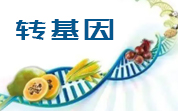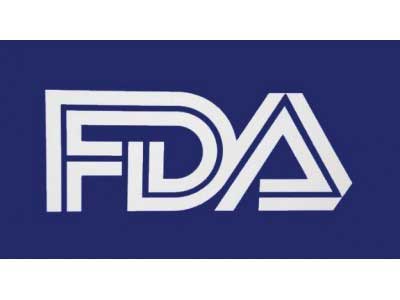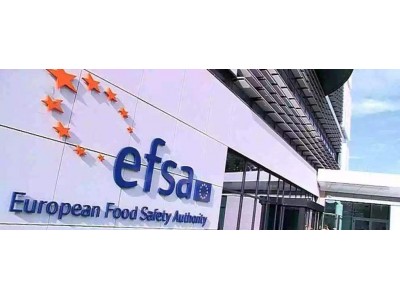гҖҖгҖҖз»ҸиҝҮиҜ„дј°пјҢ专家е°Ҹз»„и®ӨдёәеңЁе»әи®®зҡ„дҪҝз”ЁжқЎд»¶дёӢиҜҘж·»еҠ еүӮеҜ№зӣ®ж Үзү©з§ҚгҖҒж¶Ҳиҙ№иҖ…е’ҢзҺҜеўғжҳҜе®үе…Ёзҡ„гҖӮз”ұдәҺе…¶иў«и®ӨдёәеҸҜд»Ҙз»ҷйЈҹзү©и°ғе‘іпјҢ并且е®ғ们еңЁйҘІж–ҷдёӯзҡ„еҠҹиғҪжҳҜзӣёеҗҢзҡ„пјҢеӣ жӯӨи®ӨдёәжІЎжңүеҝ…иҰҒиҝӣдёҖжӯҘиҜҒжҳҺе…¶еҠҹж•ҲгҖӮйғЁеҲҶеҺҹж–ҮжҠҘйҒ“еҰӮдёӢпјҡ
гҖҖгҖҖFollowing a request from the European Commission, EFSA was asked to deliver a scientific opinion on the safety and efficacy of essential oils from the flower buds or the leaves of Syzygium aromaticum (L.) Merr. & L.M. Perry: clove bud oil, clove leaf oil and a β-caryophyllene-rich fraction of clove leaf oil (CCL oil), when used as sensory additives in feed and water for drinking for all animal species. Clove oils contain methyleugenol (up to 0.13%). The EFSA Panel on Additives and Products or Substances used in Animal Feed (FEEDAP) concluded that the use of clove oils was of low concern for long-living and reproductive animals and of no concern for target species for fattening at the following concentrations in complete feed: 25–50 mg/kg for clove bud oil, 28–100 mg/kg for clove leaf oil and 20 mg/kg for CCL oil. The FEEDAP Panel considered that the use in water for drinking alone or in conjunction with use in feed should not exceed the daily amount that is considered of low or no concern when consumed via feed alone. No concerns for consumers were identified following the use of clove oils up to the highest safe level in feed. The additives under assessment should be considered as irritant to skin and eyes and the respiratory tract and as skin sensitisers. When handling the essential oils, exposure of unprotected users to methyleugenol may occur. Therefore, to reduce the risk, the exposure of the users should be minimised. The use of clove oils at the proposed use level in feed was not expected to pose a risk for the environment. Since clove bud oil and clove leaf oil are recognised to flavour food and their function in feed would be essentially the same, no demonstration of efficacy was considered necessary.
гҖҖгҖҖжң¬ж–Үз”ұйЈҹе“ҒдјҷдјҙзҪ‘йЈҹе“Ғиө„и®Ҝдёӯеҝғзј–иҫ‘пјҢжңүд»»дҪ•з–‘й—®пјҢиҜ·иҒ”зі»news@www.sqrdapp.comгҖӮ











 ең°еҢәпјҡ
ең°еҢәпјҡ






 йІҒе…¬зҪ‘е®үеӨҮ 37060202000128еҸ·
йІҒе…¬зҪ‘е®үеӨҮ 37060202000128еҸ·



